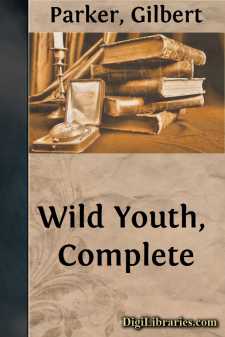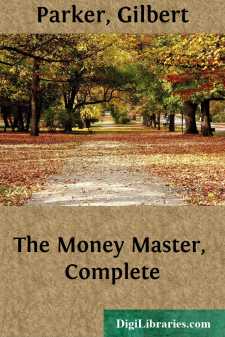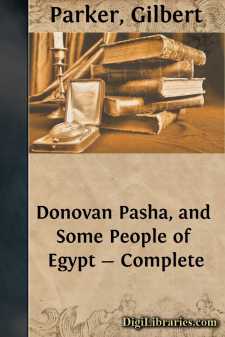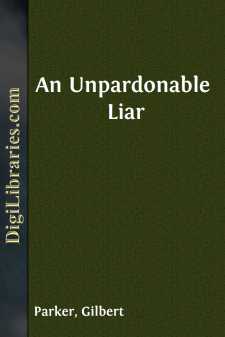Categories
- Antiques & Collectibles 13
- Architecture 36
- Art 48
- Bibles 22
- Biography & Autobiography 813
- Body, Mind & Spirit 142
- Business & Economics 28
- Children's Books 17
- Children's Fiction 14
- Computers 4
- Cooking 94
- Crafts & Hobbies 4
- Drama 346
- Education 46
- Family & Relationships 57
- Fiction 11829
- Games 19
- Gardening 17
- Health & Fitness 34
- History 1377
- House & Home 1
- Humor 147
- Juvenile Fiction 1873
- Juvenile Nonfiction 202
- Language Arts & Disciplines 88
- Law 16
- Literary Collections 686
- Literary Criticism 179
- Mathematics 13
- Medical 41
- Music 40
- Nature 179
- Non-Classifiable 1768
- Performing Arts 7
- Periodicals 1453
- Philosophy 64
- Photography 2
- Poetry 896
- Political Science 203
- Psychology 42
- Reference 154
- Religion 513
- Science 126
- Self-Help 84
- Social Science 81
- Sports & Recreation 34
- Study Aids 3
- Technology & Engineering 59
- Transportation 23
- Travel 463
- True Crime 29
Our website is made possible by displaying online advertisements to our visitors.
Please consider supporting us by disabling your ad blocker.
The Judgment House
by: Gilbert Parker
Description:
Excerpt
CHAPTER I
The music throbbed in a voice of singular and delicate power; the air was resonant with melody, love and pain. The meanest Italian in the gallery far up beneath the ceiling, the most exalted of the land in the boxes and the stalls, leaned indulgently forward, to be swept by this sweet storm of song. They yielded themselves utterly to the power of the triumphant debutante who was making "Manassa" the musical feast of the year, renewing to Covent Garden a reputation which recent lack of enterprise had somewhat forfeited.
Yet, apparently, not all the vast audience were hypnotized by the unknown and unheralded singer, whose stage name was Al'mah. At the moment of the opera's supreme appeal the eyes of three people at least were not in the thraldom of the singer. Seated at the end of the first row of the stalls was a fair, slim, graciously attired man of about thirty, who, turning in his seat so that nearly the whole house was in his circle of vision, stroked his golden moustache, and ran his eyes over the thousands of faces with a smile of pride and satisfaction which in a less handsome man would have been almost a leer. His name was Adrian Fellowes.
Either the opera and the singer had no charms for Adrian Fellowes, or else he had heard both so often that, without doing violence to his musical sense, he could afford to study the effect of this wonderful effort upon the mob of London, mastered by the radiant being on the stage. Very sleek, handsome, and material he looked; of happy colour, and, apparently, with a mind and soul in which no conflicts ever raged—to the advantage of his attractive exterior. Only at the summit of the applause did he turn to the stage again. Then it was with the gloating look of the gambler who swings from the roulette-table with the winnings of a great coup, cynical joy in his eyes that he has beaten the Bank, conquered the dark spirit which has tricked him so often. Now the cold-blue eyes caught, for a second, the dark-brown eyes of the Celtic singer, which laughed at him gaily, victoriously, eagerly, and then again drank in the light and the joy of the myriad faces before her.
In a box opposite the royal box were two people, a man and a very young woman, who also in the crise of the opera were not looking at the stage. The eyes of the man, sitting well back—purposely, so that he might see her without marked observation—were fixed upon the rose-tinted, delicate features of the girl in a joyous blue silk gown, which was so perfect a contrast to the golden hair and wonderful colour of her face. Her eyes were fixed upon her lap, the lids half closed, as though in reverie, yet with that perspicuous and reflective look which showed her conscious of all that was passing round her—even the effect of her own pose. Her name was Jasmine Grenfel.
She was not oblivious of the music. Her heart beat faster because of it; and a temperament adjustable to every mood and turn of human feeling was answering to the poignancy of the opera; yet her youth, child-likeness, and natural spontaneity were controlled by an elate consciousness....












